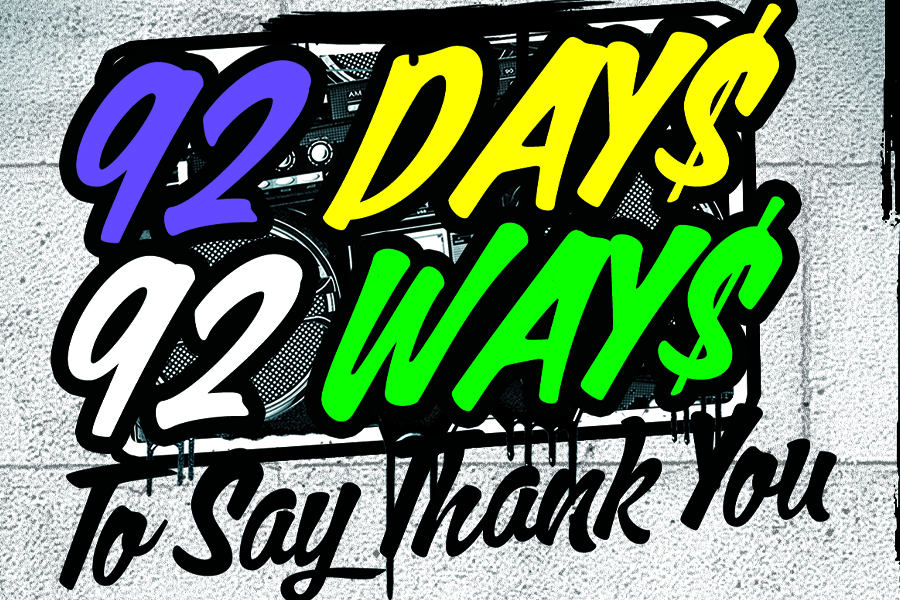Man wins thousands by suing telemarketers. Here’s how you can
A Texas man is taking telemarketers to the bank. In the last year, he’s won over $100,000 from settlements and small claims court cases.
Dan Graham, a Certified Public Accountant in Texas, said while traveling for work, he started getting several calls per day from local numbers. With a family back home, he always answered the calls thinking they may be from a hospital or his child’s school. However, the voice on the other end of the line was almost always a telemarketer.
“I don’t know what it is. Maybe because I’ve had this phone for forever, but I get over a dozen a day,” said Graham. “I got so fed up with it. I started to see myself change. I started to get angry with these callers, yelled at them, told them to stop calling me. Nothing ended it! It just doesn’t stop.”
Graham decided to take legal action against a caller and after having a positive outcome, he’s repeated the process over 50 times.
Now he’s teaching others how to do it.
Step one is simple. Go to DoNotCall.gov and register your phone number.
Graham says this may stop the calls, but it didn’t in his case. He also notes you have to give companies 30 days to update their records after registering.
Next, wait for the phone to ring and when it does, answer it.
“The first thing I do is say who it is…who are you. They may lie. A lot of times they use fake names. Once I get that, I hang up and document it,” said Graham.
When the number calls back, it’s time to chat. Graham advises anyone trying this method to be careful, but show interest in what they’re selling.
“When you get the callback, that’s two calls, that’s always a really good standing if you’re gonna go to court or if you’re gonna file a claim against them. I engage with that caller until they eventually disclose to me who is the company behind it.”
Graham says it’s important to document everything. Write down when they call, how many times, the name of the agent and the company, what they’re selling, etc.
After engaging with the caller, and sometimes buying the product knowing it will be refunded, Graham sends a demand letter to the company through the Better Business Bureau, email, and hard copy.
In the letter, he details the violations, requests a reasonable amount of money, and gives the company a response deadline.
Graham said he typically asks for between $500 and $1,500 and gives the company a week or two to respond.
Graham tells News 2 that this often leads to a settlement, but if his letter is ignored, he will file a case against the company in small claims court. He says he’s only ever had to go to court three times and does not pay a lawyer to go to court for him.
“Most of these companies when you engage with them and tell them you’re serious, you send them the evidence and have it well documented, they don’t want to go to court. It’s embarrassing to them, as it should be. And there’s a good chance they’re going to lose, as they should lose.”
Graham says it’s more time-consuming than anything, but for his family, the financial payout is worth the extra hours.
“I love getting paid for it. I’m sure people hear that and get excited, but for me, the most exciting moment is really when you talk to companies and admit what they’re doing is wrong.”
News 2 took this strategy to a consumer expert here in South Carolina, Bailey Parker with the state Department of Consumer Affairs.
“If you’ve got that time and you’re interested…I’m not gonna stop you. It’s your prerogative to attempt to do that, but I do think that you are putting yourself at risk of having even more robocalls once you start answering the phone,” said Parker.
Parker says it’s important to recognize the difference between the types of calls you may get. Some robocalls are legal, for example, if your doctor’s office uses an automated voice as an appointment reminder. Then, there are scam callers who often ask for payment in the form of gift cards or cryptocurrency. Lastly, there are telemarketers who may be partaking in illegal practices such as calling off the do not call list, harassing, etc.
“It seems like actual telemarketers are just not following the rules of telemarketing and robocalls so he’s winning money, he’s getting money. Ok, great. But it doesn’t mean that that telemarketing company is a scam,” said Parker.
Graham has a YouTube channel where he shows people from beginning to end exactly how he proceeds with this process. If you’re interested in learning more, click here.




